Difference Between DevOps And DevSecOps
4.9 out of 5 based on 13729 votesLast updated on 1st Aug 2022 8.9K Views
- Bookmark

DevOps refers to Development and Operations and DevSecOps refers to Development, Security, and Operations. To know more read this post.
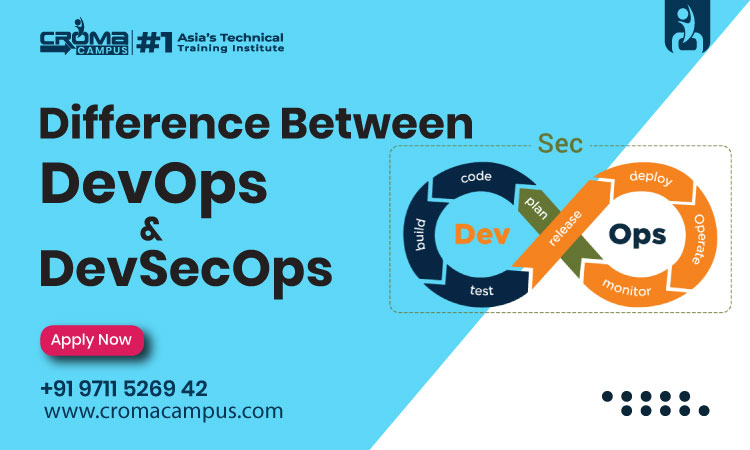
What is DevOps?
DevOps refers to a collection of cultural philosophies, practices, and tools that helps an organization in delivering applications and services at high velocity. It facilitates security and quality assurance and helps an organization in serving its customers in a better way.
Advantages of Using DevOps:
Implementing DevOps practices results in several business and technical benefits. It ensures faster issue resolution and reduced complexity along with greater scalability and availability. In addition, it provides better and more stable operating environments along with improved resource utilization. DevOps ensures greater automation and utmost innovation. To further know about it, one can visit the DevOps Online Course in Dubai. Apart from these, given below are some of the advantages of using DevOps.
- It allows teams to focus on customers.
- Unites teams for shipping software faster
- Simplifies the development process and prioritizes your work
- It introduces automation to the development process
- Supports end-to-end responsibility
DevOps streamlines software development and IT operations, enhancing collaboration, automation, and efficiency. Enroll in a DevOps Certification Course to master CI/CD, cloud computing, and infrastructure automation for career growth.
Popular DevOps Tools:
DevOps is a software tool useful for automating the software development process. DevOps Tool that helps in automating the software development process. Furthermore, these tools help a team in improving collaboration, reducing context-switching, introducing automation, and leveraging observability and monitoring. Here are some of the most popular DevOps
- Jenkins
- Docker
- Puppet
- Apache Maven
- Gradle
Note: Croma Campus is one of the best & accredited EdTech companies for providing AWS Course in Delhi. You can check the details about the course, fees, and duration.
What is DevSecOps?
It stands for development, security, and operations. It is the integration of security practices into a DevOps software delivery model. With DevOps Training Online, understanding their shared principles, like continuous integration and collaboration, illuminates the symbiotic relationship driving innovation and security in modern IT ecosystems.
Tips: Amazon Web Services (AWS) provides cloud computing solutions for businesses, offering scalability, security, and reliability. Earning an Amazon Web Services Certification validates expertise in cloud technologies, enhancing career opportunities in cloud computing.
Advantages of Using DevSecOps:
Using DevSecOps results in reducing expenses and increasing the delivery rates. It facilitates security, monitoring, deployment check, and notifying systems. Furthermore, it supports openness and transparency right from the very beginning of development. DevSecOps ensures faster recovery speed after a security incident. Using it results in improving the overall security as it enables immutable infrastructure which further involves security automation. Apart from these, given below are some of the benefits of using DevSecOps.
- Provides Speedier security without the risks
- Ensures Reliable security practices
- Free time for continuous improvement
- Integrates Security and Guarantees Compliance
- Helps in Lowering Costs
- Facilitates Collaboration and communication
Tips: If you want to become a DevOps Engineer, you must acquire a DevOps Course in Noida and get ahead in this field.
Popular DevSecOps Tools:
DevSecOps is an extension of DevOps in which developers, security, and operations teams work together to integrate security practices. DevSecOps tools are useful in automating security analysis against the build output artifact. Given below are some of the most popular DevSecOps tools.
- Aqua Security
- Checkmarx.
- Contrast Security
- Invicti Securit
- Micro Focus
- Snyk
Note: AWS is a leading cloud platform offering scalable solutions for businesses. Enroll in an AWS Online Course to master cloud computing, security, and deployment, enhancing your career opportunities in the tech industry.
Similarities Between DevOps & DevSecOps:
DevOps & DevSecOps have Continuous Integration (CI) in common which is useful for merging code changes. This feature makes the latest version of the software tool available for developers. Furthermore, they both have Continuous delivery and continuous deployment (CD) in common. CD is a strategy that is useful in automating updates and increasing efficiency. Moreover, Microservices are common among them which are small pieces of application useful for creating an entire system when combined. Apart from these, given below are some of the similarities between DevOps & DevSecOps.
- Collaborative culture- Both of these models use a culture of collaboration to help achieve development goals. These goals include features like rapid iteration and deployment that do not risk the wellbeing and security of an application environment. In addition, both of these strategies consist of a combination of multiple teams that were already siloed to expand visibility across the application’s lifecycle.
- Automation- DevOps, and DevSecOps both can use AI to automate steps in app development. In the case of DevOps, it is done through auto-complete code and anomaly detection, among different devices. On the other hand, in the case of DevSecOps, automated and continuous security checks and anomaly detection are useful in identifying high-risk vulnerabilities and security threats.
- Active monitoring- Monitoring data actively is highly beneficial for learning and adapting. It is an important feature for learning and adapting and plays an important role in DevOps as well as DevSecOps. Capturing and analyzing application data regularly helps in improving key factors in both these methodologies. Furthermore, it optimizes the application's performance and improves its security posture.
Note: Unlock your career potential with comprehensive AWS Cloud Computing Training, mastering essential skills in cloud infrastructure, scalability, and services to excel in the ever-evolving field of cloud technology.
Difference Between DevOps & DevSecOps:
DevOps ensures effective collaboration between teams throughout the app development and deployment process. In it, the development and operations teams are responsible for implementing shared KPIs and tools. Teams that use DevOps often neglect to prioritize the prevention of security threats along the way. This sometimes leads to the accrual of vulnerabilities. Many institutes provide DevOps Online Course in Kuwait and one can enroll in them to start a career in it. DevOps consists of various practices which are as follows:
- Continuous integration (CI) – It is responsible for merging code changes to make the most recent version available to developers.
- Continuous delivery and continuous deployment (CD) – It automates the process of releasing updates and helps in increasing efficiency.
- Microservices – This practice is responsible for building an application as a set of smaller services.
- Infrastructure as code (IaC) – It is useful in designing, implementing, and managing app infrastructure needs through code.
On the other hand, DevSecOps is a more advanced model than DevOps as it also focuses on addressing security concerns. This model integrates security management throughout the development process. It ensures that apps are secure against cyberattacks before being delivered to the user. DevSecOps consists of the above DevOps practices along with these extra functionalities.
- Common weaknesses enumeration (CWE) – It is for improving the quality of code. Furthermore, it improves the level of security during the CI and CD phases.
- Threat modeling – This practice is useful for implementing security testing during the development pipeline to save time and cost in the future.
- Automated security testing – It is responsible for testing the vulnerabilities in new builds regularly.
- Incident management– It is useful for responding to security incidents by creating a standard framework.
Relevant Cloud Computing Online Courses:
Best Cloud Computing Courses in India
Azure Data Factory Online Training
Conclusion:
DevOps refers to Development and Operations. It is a combination of cultural philosophies, practices, and tools that allows an organization to deliver applications and services at high velocity. Implementing it in an organization helps in providing speedier security without the risks and ensuring reliable security practices. Furthermore, it helps in integrating security and results in lowering costs. On the other hand, DevSecOps refers to Development, Security, and Operations. It is an extension of DevOps and it focuses on integrating security phrases. It facilitates collaboration and communication and helps in providing speedier security without the risks. It also ensures reliable security practices and integrates Security and Guarantees Compliance. These both differ from each other in terms of Active monitoring, Automation, and Collaborative culture.
Subscribe For Free Demo
Free Demo for Corporate & Online Trainings.
.webp)

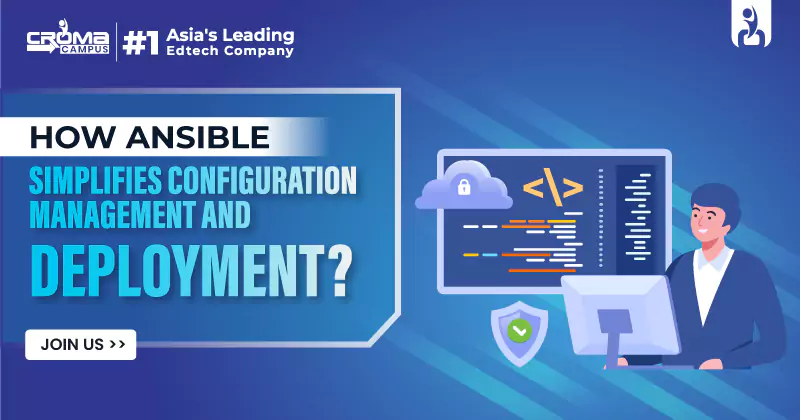
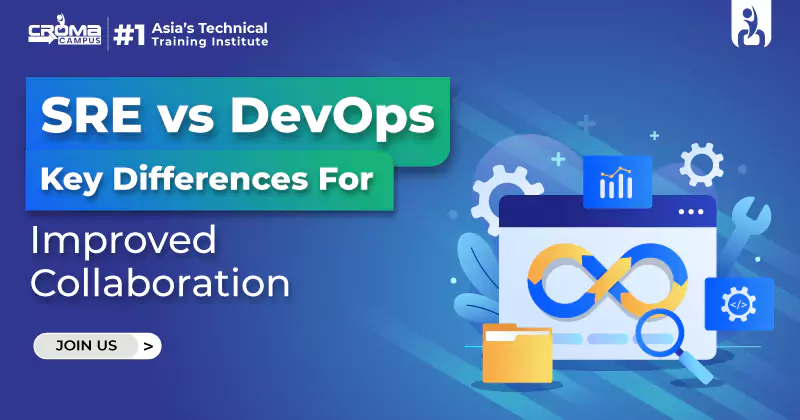

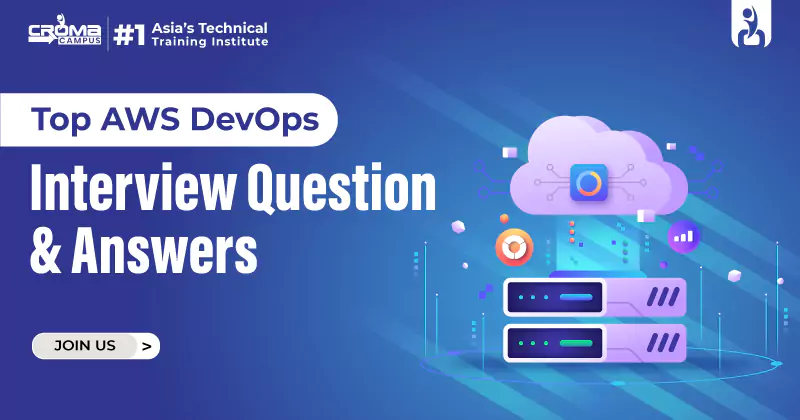
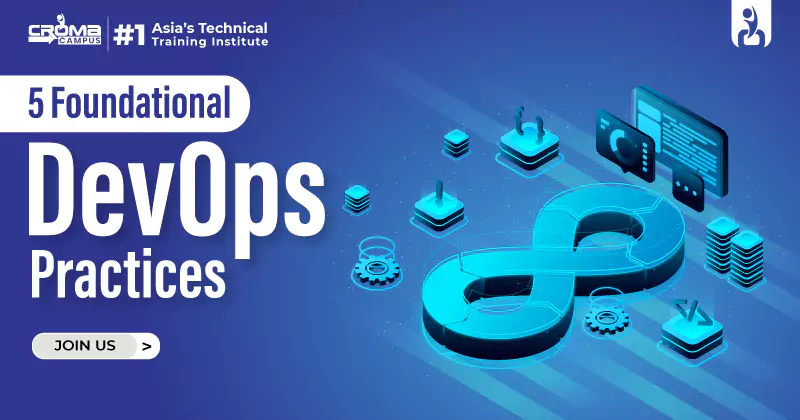


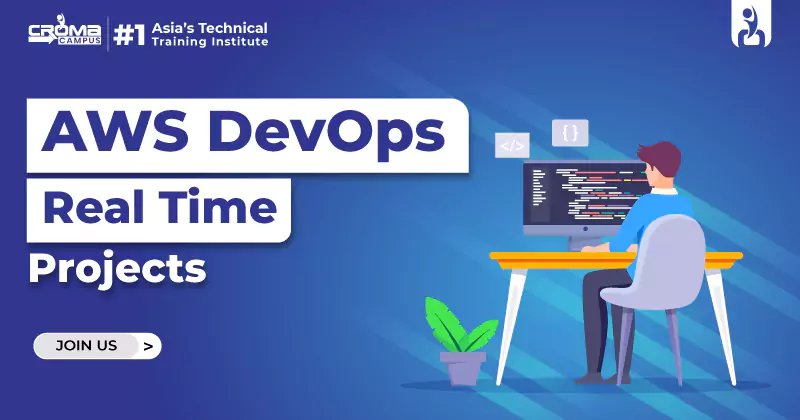

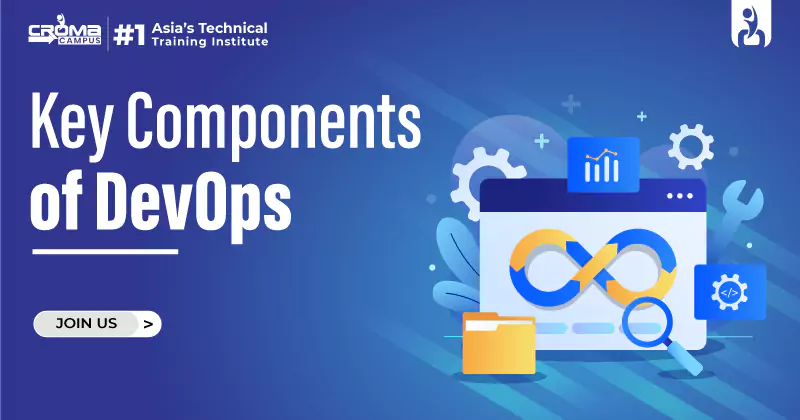













.webp)
.webp)

.png)















